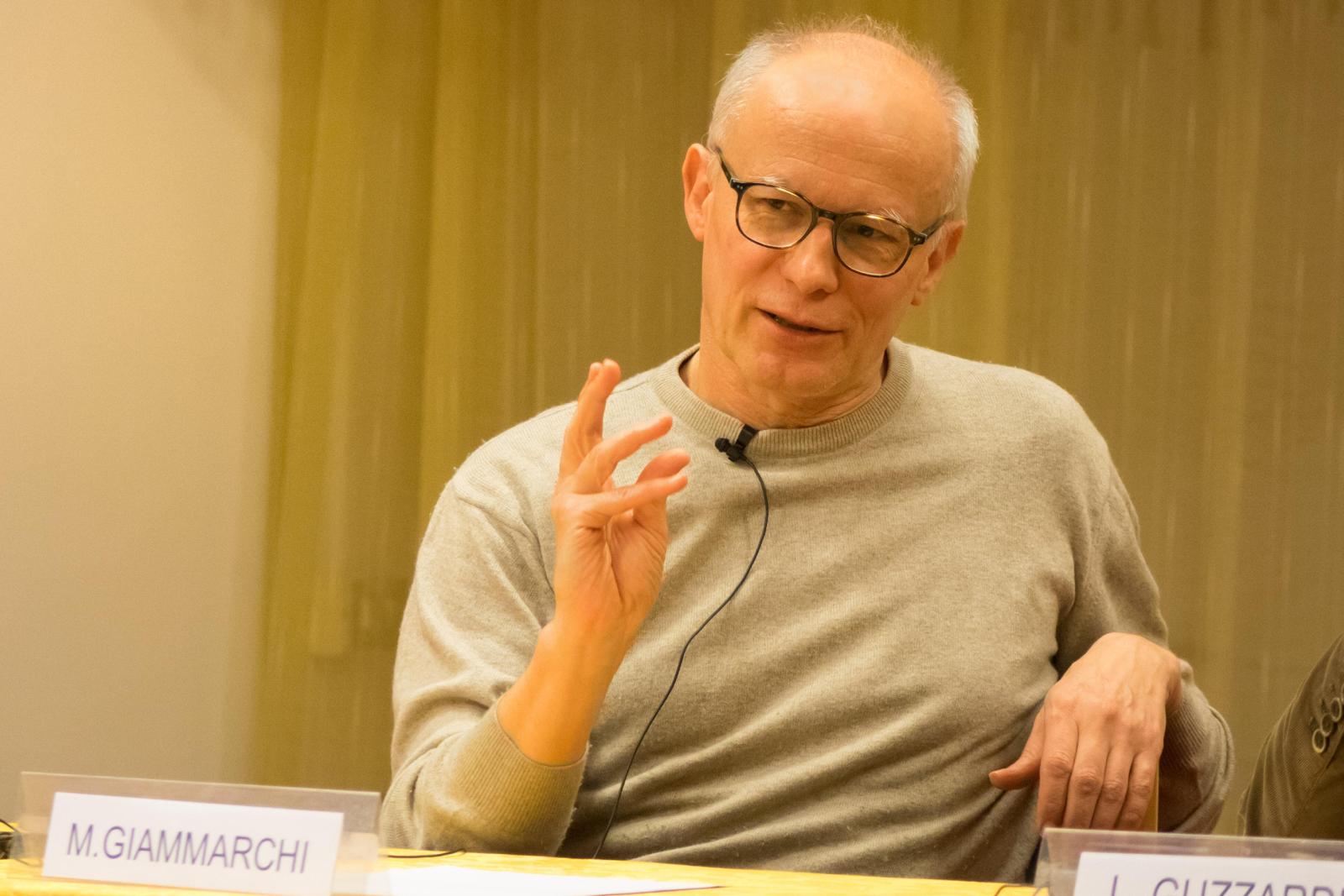Incipit
This is a small story of everything and everyone, a story of the human and of that special human art which is knowledge. A story written by two hands, a philosopher and a physicist. A story told to the rhythm of eternal principles, principles of man and of everything. Principles such as the infinite and the indefinite, made evident in Western culture by Greek naturalist philosophers, since the time of Anaximander. And to hear the music of this great and ancient story, to chart its progress, we will use two points of reference. An Alpha and an Omega.
We will use the compass of Knowledge to orient ourselves: from the mythology of the world to philosophies – Eastern and Western. We will use myth, we will use science. We will talk about the unconscious and those eternal principles that govern the art of human knowledge. And the art.
We will call the origin of times Alpha, and we will be guided in this by Modern Cosmology. But Alpha will also be the childhood of humanity, it will be the Paleolithic with its mythologies and with the origin of eternal principles. In the West, Alpha will also be the moment when Thales, Anaximander and Anaximenes will turn to the Whole without the filter of myth, or the moment in which the Apollonian prevails over the Dionysian. Alpha will be, and it is the same time, the moment in which the Buddha Shakyamuni delivers the Benares Sermon. And Mahavira, last Tirthamkara, last of the ferrymen, teaches the way of liberation from the cycle of reincarnated existences. Alpha is the first syllable of the Rg Veda. The Om.
We will call today’s reference point Omega, a point which is the observation of a Cosmos after the Copernican Revolutions, revolutions culminating in the last one: that of the discovery of extrasolar planets. A point which, in the history of Knowledge, is also quantum indeterminacy, also mathematical incompleteness. A point which is a reflection on the subject-object distinction and on the structure of spacetime proposed by Relativity. But Omega is also the revival of the meaning of eternal principles, of mythology, of the world of the unconscious and of dreams. Glimpse of a unified vision of knowledge, of everything and of ourselves.
Autori: Marco G. Giammarchi e Roberto Radice







0 commenti